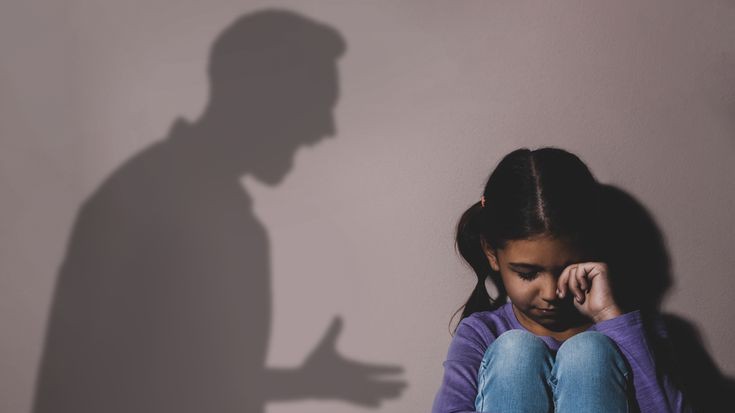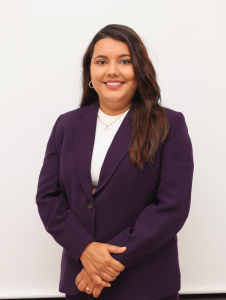The Silent Weight
of Childhood Trauma
Table of Contents

More Common Than You Think
Did you know that at least 1 in 4 adults globally, reports having experienced some form of childhood trauma, whether emotional, physical, or psychological, before the age of 18? These silent wounds often linger long after childhood ends, shaping adult lives in ways both, subtle and profound. Even when the scars are invisible, their impact can be lasting.
“Not all wounds are visible, but they still matter.”
What Is Childhood Trauma?
Childhood trauma encompasses emotionally painful or distressing experiences that overwhelm a child’s ability to cope. It’s not just the obvious cases- emotional neglect, harsh words, cold silences, or growing up where affection was absent- all count.
Types of childhood trauma may include:
- Neglect (physical or emotional)
- Emotional manipulation or gaslighting
- Constant criticism and unrealistic expectations
- Isolation from family or peers
- Conditional love (love pulled away when mistakes are made)
Trauma can be emotional, verbal, physical, or a combination—and doesn’t always leave visible scars.
Many adults try to dismiss the past: “That was in the past; it shouldn’t affect me now.”
The truth is, unhealed childhood trauma shapes how we perceive safety, trust, and belonging. Survivors may sense something is “off” or battle a constant uneasiness, even if they can’t name the cause.
Growing up in an unsafe environment, children often learn to suppress emotions. This survival strategy can, in adulthood, become a barrier to connection, trust, and self-compassion.
How Unhealed Trauma Shows Up

Childhood trauma can manifest in diverse ways:
- Persistent anxiety, panic, or restlessness
- Overwhelm and trouble focusing
- Low self-worth and recurring sadness
- Chronic, unexplained pain
- Repeated unhealthy relationships
- Difficulty regulating emotions or impulses
- Numbing or addictive behaviours
“A smell, a tone of voice, or a fleeting glance can trigger a wave of feelings, these aren’t overreactions, but echoes of a nervous system conditioned by survival.”
The Brain’s Survival Mode
When exposed to ongoing stress or unpredictability, a child’s brain adapts to survive:
- Activating “fight, flight, or freeze”
- Heightened alertness that may persist into adulthood
- Difficulty feeling calm or connected, even when safe
Attachment Patterns Linked to Trauma
How we relate to others in close relationships are often shaped by early childhood experiences. Unhealed trauma can lead to:
| Attachment Style | Description |
| Avoidant | Distancing to avoid vulnerability |
| Anxious | Craving closeness while fearing abandonment |
| Disorganized | Wanting connection but unable to trust or feel secure |
"The way we were cared for as children often shapes how safe we feel connecting with others as adults. Healing helps us rebuild trust and form healthier relationships."
Why Trauma Often Remains Hidden
Many aren’t aware their childhood experiences were traumatic, or underestimate their impact:
“You may go through life feeling ‘too much’ or ‘not enough,’ blaming yourself when things don’t feel right. Your feelings are valid, and your experiences matter.”
Healing does not come from comparison; what matters is how deeply you were affected.
The Path to Healing
Healing isn’t erasing the past—it’s learning to acknowledge pain, so it no longer quietly controls your life. Here’s how to begin:
- Awareness: Name what hurt you and observe how it appears today.
- Support: Seek therapy, safe conversations, and community resources.
- Compassion: Be gentle with yourself, especially on the hard days.
- Boundaries: Say no to people or environments that reopen old wounds.
“Trauma doesn’t heal by being ignored. It heals when it’s acknowledged.”
You Deserve Healing
Healing from childhood trauma takes time, courage, and support. You’re not broken; you’re human. Recovery gives you back control over your present and future and can change the story for generations to come.
You deserve to feel safe.
You deserve to be heard.
You deserve to heal.
Ready to Begin Your Healing Journey?
If you recognize yourself in these experiences, you’re not alone.
Our compassionate team at Nysha Mind Wellness offers therapy, counseling, and trauma-informed support tailored to you.
Explore our services or Book a confidential session today.
Let your healing story start with a single step.
Share Options
Share this article with someone who might need it

Dr. Aditi Hinge
MD Psychiatry





